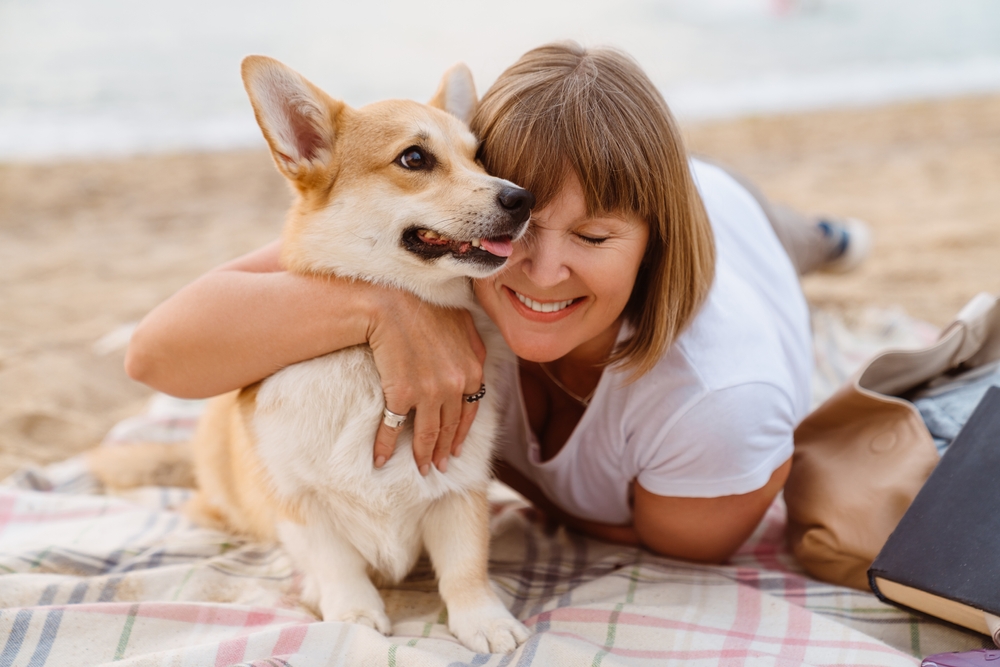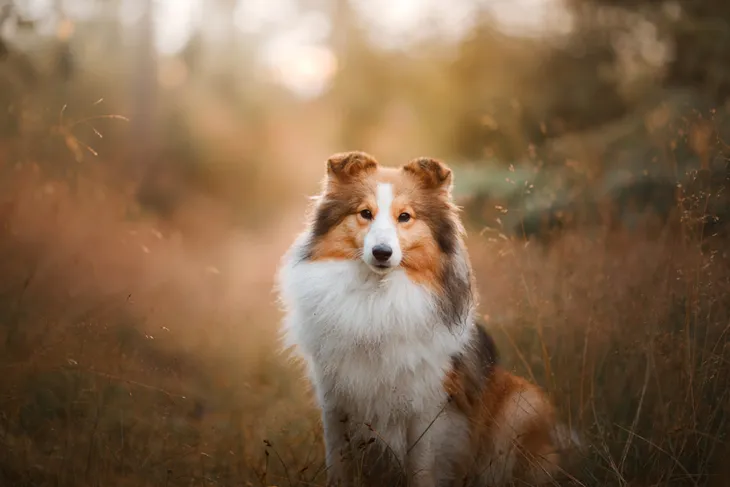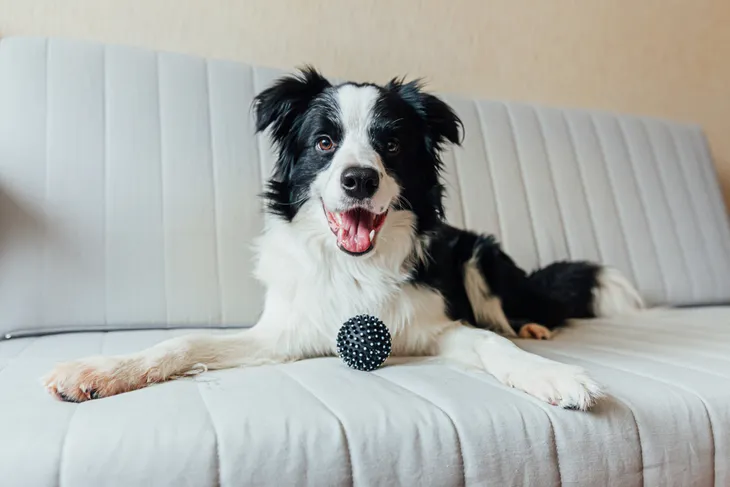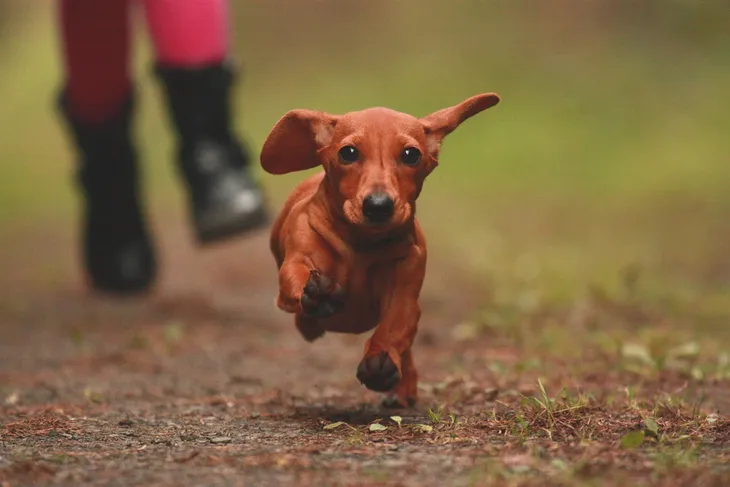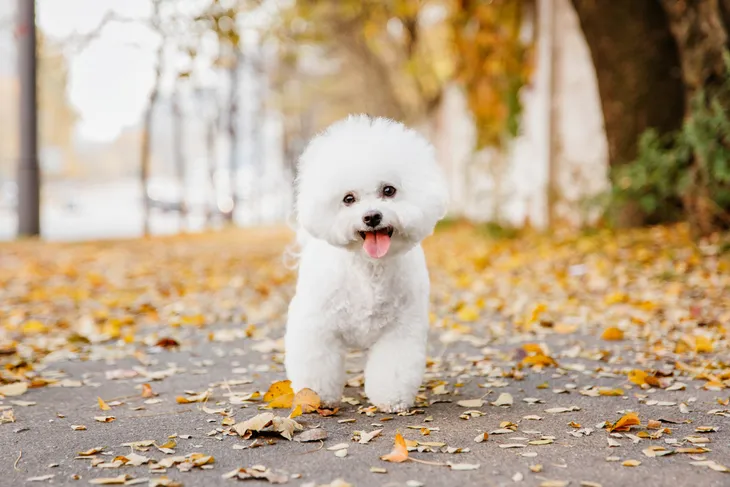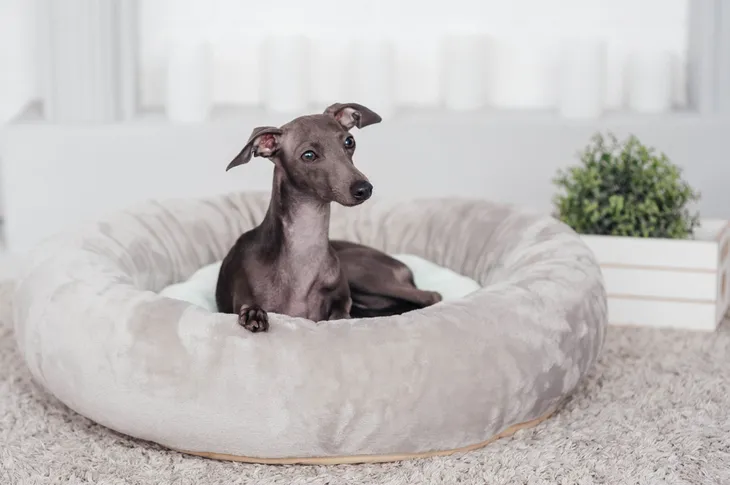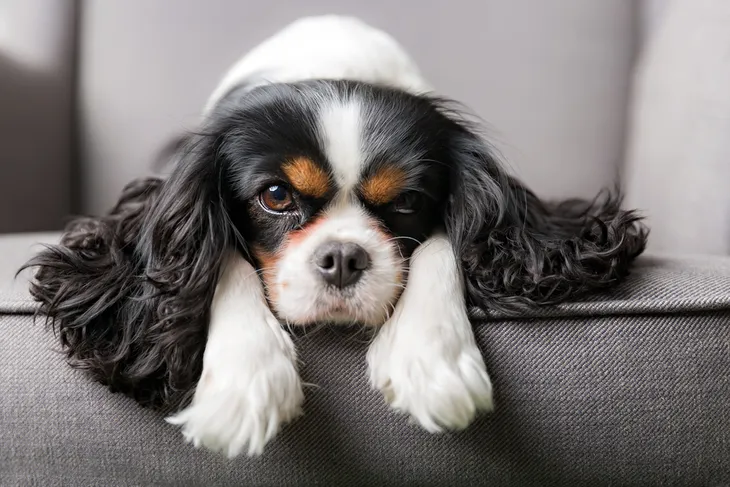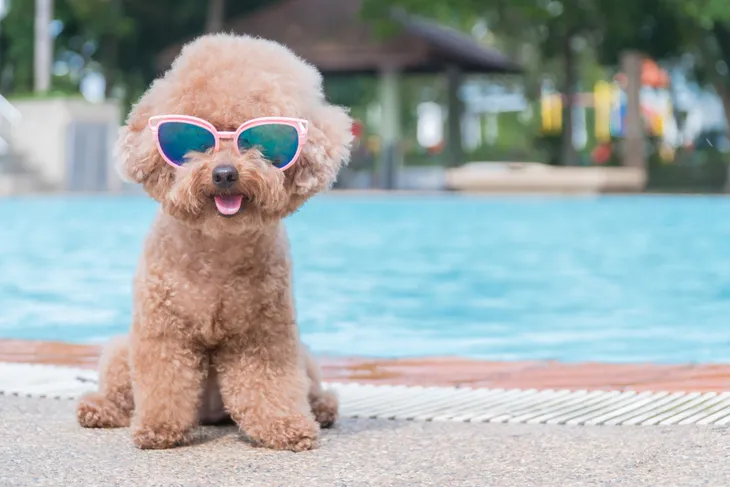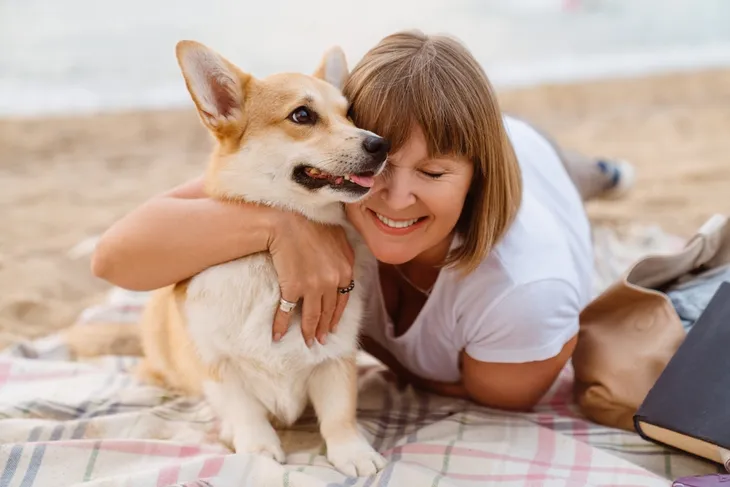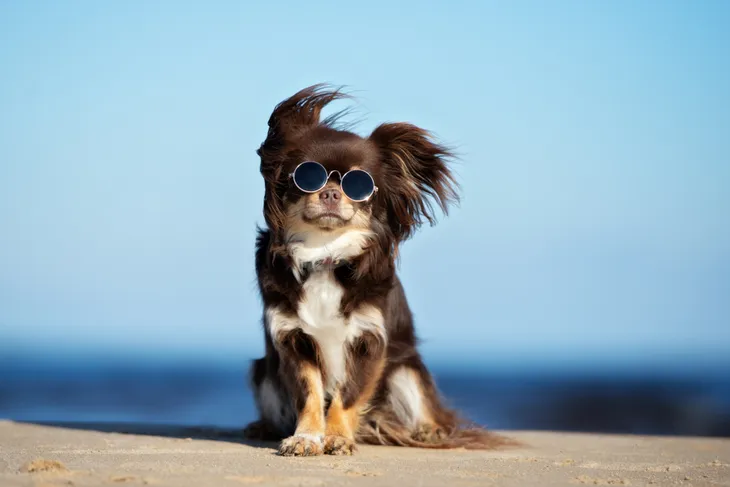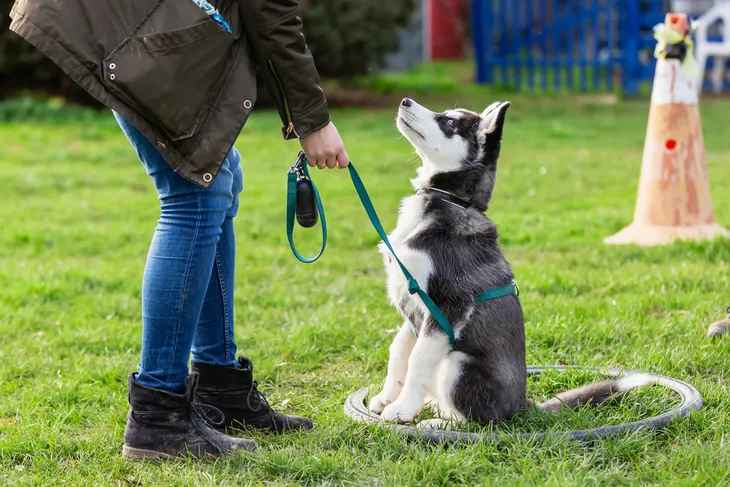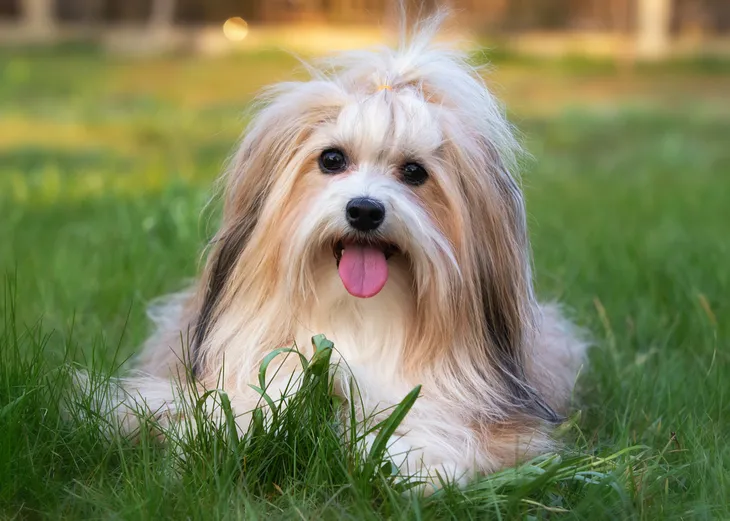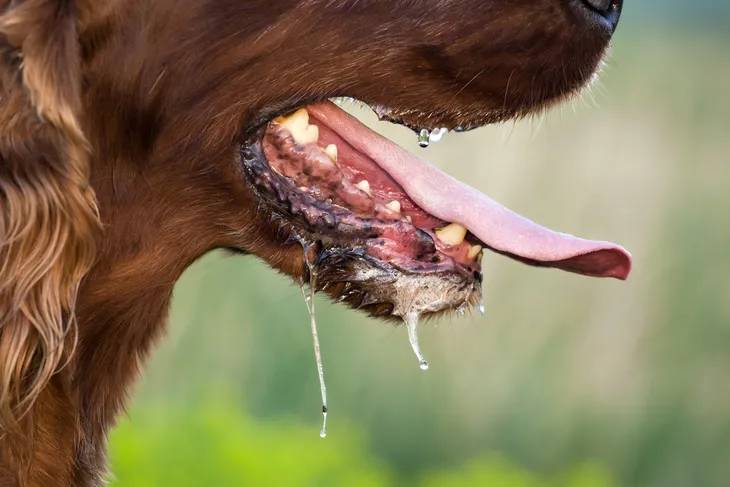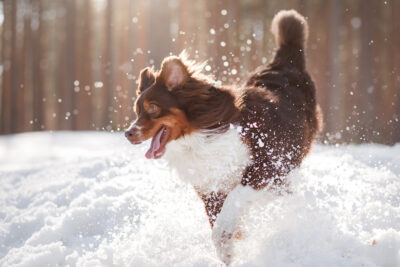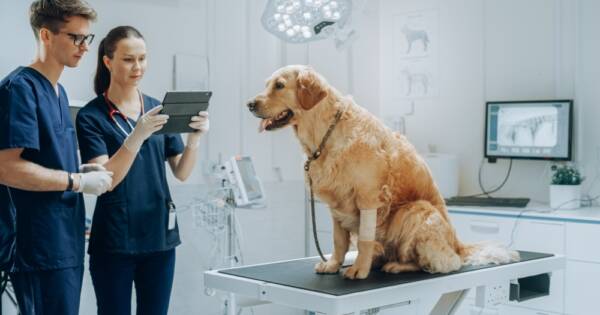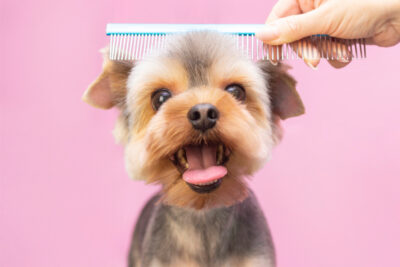- Choosing a dog breed can be a challenge because there are many different types.
- While drool is a normal part of a canine’s health, some dogs drool less than others.
- If you want to avoid drool in your home, consider one of these dog breeds!
Deciding on a dog breed can be difficult as there are tons to choose from. But one factor you may want to consider is how much the dog drools. Not only is it icky but it can leave stains on your furniture and even clothing. But it’s important to remember that dog drool is a normal, and natural part of the canine digestive process. Luckily, some dogs drool far less than others.
So, why do some dogs drool more than others? It all comes down to the dog’s lip structure. Dogs that have droopy jowls or short snouts, such as bulldogs, labradors, and saint bernards, are more prone to drooling. Other breeds that have tighter jowls and longer snouts tend to produce less drool. If you care about dog drool, consider these 12 dog breeds that don’t drool (much)!
Shetland Sheepdog (Sheltie)
One dog breed you should consider is the Shetland sheepdog, also known as the sheltie. This energetic dog breed is eager to please and very playful.
While their long coats do require regular grooming to prevent tangles and matting, the American Kennel Club (AKC) says they have a moderate shedding level. They’re also very adaptable to their family and even make great therapy dogs. This easygoing breed is great for first-time pet parents and families but they may be shy around strangers.
Border Collie
If you’re searching for a slightly larger breed that doesn’t drool (much), a border collie would be a great breed to consider! These friendly breeds are smart and full of energy. But that also means they’re not the best breed for dog parents who are looking for a low-energy, lazy dog.
Border collies are bred to herd sheep, which makes them very disciplined and energetic. However, they are at risk for behavioral problems if they don’t get enough exercise.
Dachshund
Due to their tight jowls, dachshunds (also called weiner dogs) rarely drool. Another bonus is that they don’t shed much. Better yet, they come in different hair types and sizes. While the miniature dachshund may be the most well-known, there is also a standard size. There are also three different coat types including smooth, long-hair, and wire-hair.
This breed is also smart, relatively easy to train, and eager to please its owner. However, they do occasionally have stubborn personalities. The AKC also says they have a moderate energy level. While they may not need as much activity as a border collie, they do still require at least 30-minutes of daily exercise or playtime to stay healthy.
Bichon Frise
These cheerful little dogs have a small snout, making them a great breed to consider if you’re worried about drooling. Not only do they rarely drool, but they’re a loving breed and have plenty of personality. They’re also eager to please, which makes training easier compared to some other breeds.
Bichons also have lots of energy and require daily exercise. Though they may be easy to train, they don’t respond well to scolding. Gentle training and a positive environment are best if you want your bichon to thrive.
Greyhound
Greyhounds are another great breed to consider if you’re worried about drooling. And if a greyhound is slightly too large for you, you can consider Italian greyhounds instead! Though they share similar personality traits, and yes they both don’t drool, the biggest difference is their size. An Italian greyhound doesn’t typically grow taller than 15-inches whereas a greyhound can be up to 30-inches.
Another interesting fact about greyhounds is that even though they’re known as racing dogs, they’re also notoriously couch potatoes. This breed enjoys lounging on the couch, napping, and hanging out with their family. That said, it’s still important to provide regular exercise for their health. Finally, another huge benefit of greyhounds is they rarely bark, unless they’ve been left alone for a while. Greyhounds can also be shy and nervous around strangers, so it’s important to socialize them at a young age.
Cavalier King Charles Spaniel
If you’re looking for a sweet, gentle, and affectionate breed, then add the Cavalier King Charles Spaniel to the top of your list. The AKC says they have a low drooling level and are friendly with strangers and other animals. They also do very well with children.
Better yet, the Cavalier is intelligent, easy to train, and eager to please their owners. They can also excel in canine sports, such as obedience and agility. But keep in mind, due to their gentle nature, they can frighten easily. It’s best to avoid scolding and yelling and focus on gentle and positive reinforcement.
Poodle
Due to their long snouts and tight jowls, you don’t have to worry about a poodle drooling on your furniture. In fact, the AKC says their drooling level is very low. Poodles also come in various sizes from a toy poodle to the mid-sized miniature poodle to the larger standard poodle. Although, the source says all sizes are “expected to comply with the same breed standard.”
Don’t be fooled by their regal appearance, poodles are energetic and love to play and explore. Poodles also excel at training, obedience, and agility. Another benefit is they’re considered hypoallergenic as they don’t shed. This is because they have hair, not fur.
Pembroke Welsh Corgi
Though corgis may be short and stubby, they do have a strong, athletic nature. This is because they were bred to herd cattle and other livestock. This lively working dog enjoys moderate daily exercise, such as long walks or slow jogs. But due to their short legs, they’re not suitable for owners who are looking for a biking or running companion for long distances. More importantly, this breed rarely drools.
The AKC says corgis are bright and sensitive and enjoy playing with their family. They’re also great watchdogs and have a ‘big dog’ bark. They’re also quite affectionate and loyal to their owners.
Chihuahua
Chihuahuas are known to be prone to barking but don’t let that deter you from this breed. They have lots of other great traits! For starters, they’re not known for drooling. They’re also incredibly affectionate and great for families as they’re good with children.
Chihuahuas are energetic but short, slow walks will do to keep them healthy. If they’re panting or working hard, it’s best to pick them up and carry them home. It’s also important to note that they’re sensitive to hot and cold temperatures so you may need to invest in a sweater to keep them warm in the winter.
Siberian Husky
Siberian Huskies have tons of personality and make great companions but they are also high-energy and can be excellent escape artists. So they’re better suited for patient and active owners who can invest time into good training.
They also drool very little but they are prone to shedding. You’ll need to get into the habit of grooming them regularly and invest in a good vacuum cleaner. Due to their working nature, Siberian Huskies do best with regular exercise both physically and mentally. And since they were bred to run, the AKC says it’s important to keep them on a leash, in a harness, or in a fenced yard at all times when venturing outdoors.
Havanese
If you’re searching for an affectionate companion that doesn’t drool, consider a Havanese. This friendly breed is highly intelligent and eager to please. This can make training easy but it’s important to use positive methods as they can also be sensitive and don’t respond well to harsh scolding.
They’re very affectionate with strangers and nonaggressive pets but it’s still important to socialize them at an early age. They also have moderate exercise needs. Playtime indoors or a daily walk will keep them happy and healthy. Finally, many Havanese owners choose to clip their coats short to reduce grooming time. If you do choose to keep it long, daily grooming is necessary to prevent mats and tangles.
Drool Can Be a Warning Sign of Medical Distress
Drool is a natural and healthy part of your dog’s digestion. It plays a role in maintaining their oral health and helps keep bad bacteria away. But excess drool may be a sign of something more serious. The following are possible causes of excess drool:
- Heatstroke or overheating
- Nausea or motion sickness
- Upset stomach
- Oral health problems
- Stress
- Injury
- Disease
If your breed rarely drools and suddenly starts drooling, it may be a sign of a medical emergency. Be on the lookout for other symptoms and contact your vet if you’re unsure if their drool is normal or a sign of an underlying problem.
